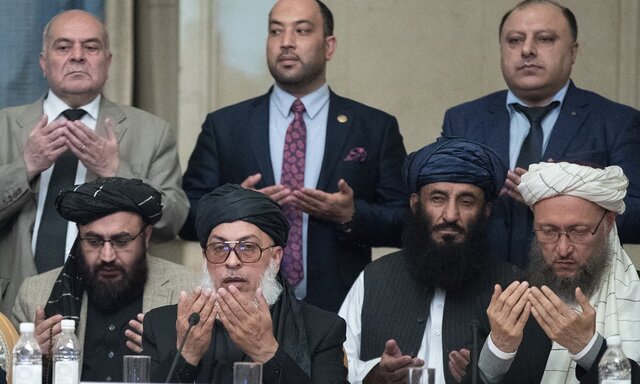These days, the Muslim community is discussing the anniversary of the Taliban’s takeover of Kabul and the re-establishment of the Islamic Emirate of Afghanistan (IEA). Usually, our fellow believers who admire the IEA emphasize its dramatic victory after years of difficult struggle. And this is psychologically understandable, because the Ummah has experienced a sharp deficit of victories in recent decades and, unfortunately, not a lack of defeats. Therefore, it wouldn’t hurt to remember both the military-political victory of the Muslim movement itself and the reasons that made it possible, which we wrote about a year ago.
However, we also wrote then that this victory was not the end, but only the beginning, and that new serious challenges lay ahead for the IEA 2.0.
The past year of its reign has confirmed that prediction. Contrary to the expectations of the romantics, the Taliban did not overthrow the puppet regimes of the North and the South, or the West and the East, but fought an equally complex war – a war for the survival of a state that is not part of the global system and does not openly challenge it, but tries to balance between these positions. Despite the efforts of the IEA, it has not achieved full international recognition, the importance of which we also wrote about a year ago. Some countries have indeed recognized it by actively inviting representatives of the new Afghan authorities to their official events, and the world considers it the de facto government of Afghanistan. However, the vast majority of countries have not established diplomatic relations with them, do not exchange envoys with them, and the IEA is not included in the UN and its derivatives, and so on.
It seems that there are no particular problems with this, and moreover, the IEA keeps its hands free and does not accept ideologically alien rules and obligations imposed by all these international organizations. On the one hand, this is true, especially since, unlike ISIS or the first IEA, it is not specifically targeted or attempted to be destroyed by military force. On the other hand, we see how difficult such balancing acts can be, even for a fairly large country like Afghanistan, whose economy is still heavily dependent on the world. Not to mention the losses suffered by the Russian Putinist regime, which is much more integrated into the world economy and has tried to establish its own world order by military force. Unlike Russia, the IEA is not trying to conquer anyone, but independence, even in internal matters, comes at a very high price.
First of all, the confiscation of all assets of the former Afghan government and the isolation of the IEA as a “gray zone” from global markets and investments. And this is a consequence of the fact that the Taliban, before coming to power, rejected the option proposed to them of leading the internationally recognized Islamic Republic of Afghanistan, which would have included other forces in its government, and instead decided to (re)establish the internationally unrecognized Islamic Emirate of Afghanistan.
As a result, the social and economic situation in the country remains extremely difficult. It is dependent on international humanitarian programs and aid, and there is no sign of a breakthrough in development. The internal situation remains challenging, taking into account not only the localized and almost neutralized separatism of the forces removed from power, but also the terrorist war waged against the Islamic Emirate by those who call themselves the Islamic State. Another internal problem that automatically becomes an external one is the question of the position of women in the country, which remains a stumbling block and a source of dissatisfaction for some subjects of the IEA and its international partners.
In short, there have been no particular sensations or miracles in the past year, except for the fact that the existence of the IEA as a peaceful and de facto recognized state, which was inconceivable until recently, has become a reality. However, it is still too early to draw any serious conclusions about its historical development. The new-old state has yet to prove itself and demonstrate its ability to respond to historical challenges.

